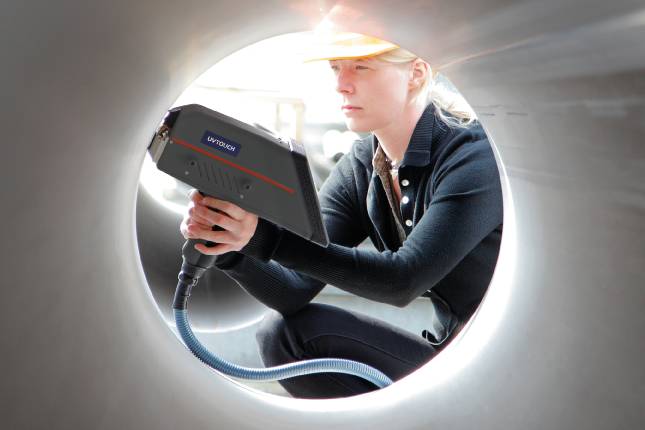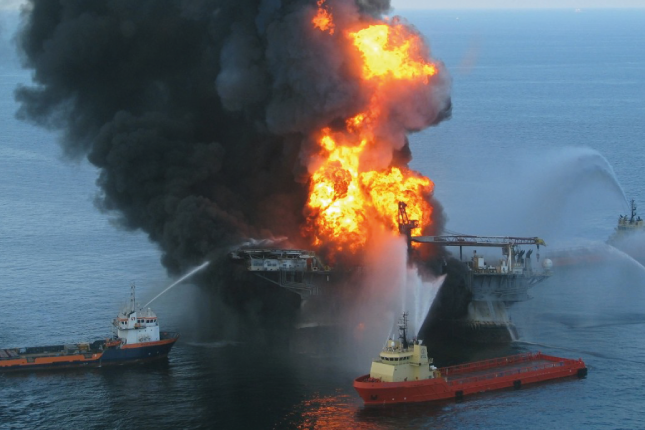Driven by regulations and as a result of material mix-ups, mislabelled shipments and industrial accidents, companies are increasingly relying on analysis to quickly and accurately determine the chemical composition of materials and alloys.
Positive Material Identification (PMI) testing has established itself as a solution for ensuring product quality, a safe manufacturing environment and quick results.
PMI is an on-site examination of security-relevant components in regard to the used material (especially in the field of metal structures). It’s on spot, non-destructive and verifies the compliance of the chemical composition of the materials used. Instead of relying on certificates of composition, regulations force many plant operators to check all the materials used.
PMI analyzers come in a variety of shapes and sizes, from mobile to handheld, and allow operators to verify the safety of their equipment, or the exact composition of the materials they make use of with complete confidence.
PMI allows a user to verify that the alloy used is as specified, check if the grade is as expected. This is of central importance to ensuring resistance to heat and corrosion, weldability, and durability to ensure safe practices.

The most frequent cause of industrial accidents is failures in mechanical integrity. Examples of this include refinery explosions, stress corrosion cracking, flow accelerated corrosion especially in power/nuclear plant technology and insufficient strength of welded joins.
PMI testing means that companies can make sure that every single part in their system meets specifications, critical replacement parts are the right alloy grade and all bought-in materials are exactly what they should be. This important step can be the key difference between seamless operations and catastrophic safety failures.
In the USA alone, there have been more than 36 catastrophic industrial accidents registered since 1992. The most commonly known is BP’s refinery explosion in March 2005 in Texas, where 15 workers died and over 180 were injured.
According to a recent report released in April 2018, oil and gas companies drilling in the state waters off Southern California have violated regulations nearly 400 times in the past three years. These violations have ranged from severe corrosion to failed and missing tests required to gauge the strength of the wells.
PMI is important because it puts rapid and reliable quality control into the hands of operators, allowing them to accurately determine the safety of their working environments and end products. Increasingly, we are finding that companies are looking for, non-destructive testing methods that balance maintaining complete visibility without disrupting day to day operations.

Many manufacturers, petroleum refineries and other businesses use industrial analyzers to help them with PMI testing.
Today there are analyzers offering three different types of technologies, X-ray Fluorescence (XRF), Optical Emission Spectrometry (OES) or Laser Induced Breakdown Spectroscopy (LIBS). Which technology you use depends on your analysis needs. At Hitachi High-Tech, we have been supplying global industry with cutting-edge analyzer technology for over 40 years. The field of material analysis has changed rapidly in recent years. Advances in technology mean that it is easier than ever for companies across a wide range of industries to find robust, high-performance solutions to their particular measurement needs.
It can also mean that choosing the right technology for your operation can be complex. We have a range of products designed to add efficiency and accuracy to everything from quality control processes to scientific analysis. As more companies recognise the benefits of integrating PMI into their operations, the ability to add powerful measurement capabilities with minimal operational disruption will be the top of their list of priorities.
Download our guide to choosing the right metals analyser for PMI or contact us to talk to one of our experts about how we can help your business.
Find out more